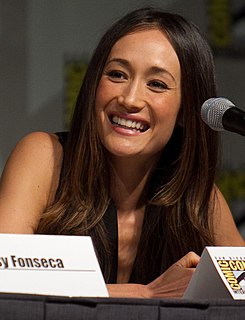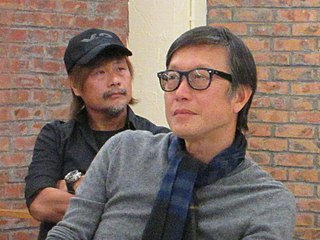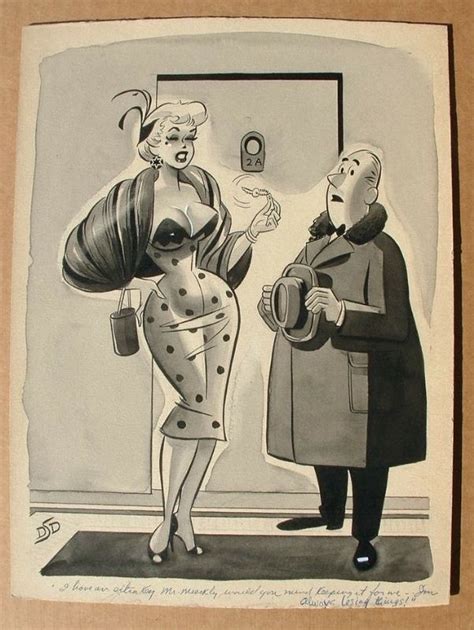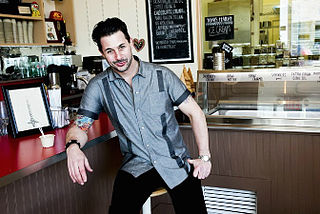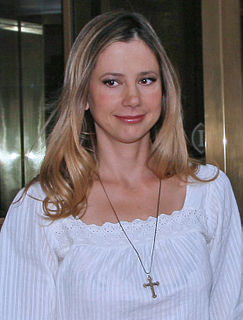A Quote by Evan Osnos
Once I became interested in China, I flew to Beijing in 1996 to spend half a year studying Mandarin. The city stunned me.
Related Quotes
In 2006, I became the fist American to be allowed to go visit their astronaut center in China in Beijing. I think that it makes sense for the U.S. to work with China in the future and I hope to see, if the political atmosphere between the United States and China allow for us to do more cooperation together, especially in the area of human space flight. I think in the same way that it's help improve the relations between the U.S. and Russia; it would help to improve the relations between the U.S. and China.
My grandfather was originally from the south of China before he emigrated to Malaysia pre-World War II. And I wanted to learn more about the history of the country of my ancestors. I knew I wanted a narrative set in contemporary Beijing. I was really interested in the effect of the rapid social and economic change on ordinary citizens in China.
When I was studying photography, I became interested in conflict photojournalism, and that got me interested in lighting. Then I realized there was this amazing thing called cinematography where you could kind of tell more complete stories photographing for film. So I ended up going to AFI grad school for that.
When I lived in Beijing in 1996, it was a horizontal city. If you wanted to go out for a burger, if you wanted to really treat yourself, you went to this place called the Jianguo Hotel. The architect had proudly described it as a perfect replica of a Holiday Inn that he had seen in Palo Alto, California.


